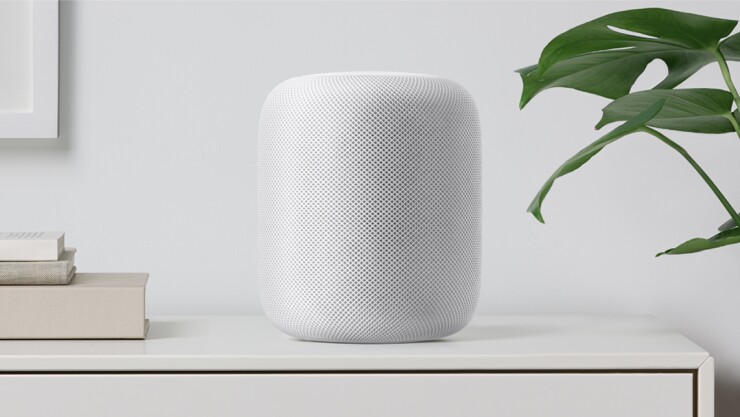Apple made a big splash at its annual Worldwide Developer Conference this year, introducing a new piece of hardware that competes with items from Amazon and Google. The new HomePod is a home assistant in the vein of Amazon's Echo or the Google Home, which
Unlike the existing devices, however, Apple's offering is heavily focused on music: Much of the fanfare around HomePod is related to its speaker design. However, it is a fully functional smart home device that Apple says "is the perfect home hub, providing remote access and home automations through the Home app on iPhone or iPad." The HomePod also can sense its location in a room — ostensibly to adjust audio levels accordingly, but the location-awareness can come in handy for connected-home initiatives.
The launch of the HomePod likely indicates a new digital interaction point breaking into the consumer mainstream. Take a look at the

What does it mean for insurers? It means that homes will be connected to our ever-propogating networks at a faster rate than cars. That provides an opening for new services around existing insurance products, if not new products entirely. Some players are already anticipating this: Willis Towers Watson and Roost announced plans to launch an organization "to help the property insurance industry take advantage of the Internet of Things," the companies said in a press release last week.
The Home Telematics Consortium "offers an exclusive opportunity for carriers to quickly attain statistically meaningful insights in home telematics with a minimized investment,” said Roel Peeters, CEO for Roost, whose smart battery and other connected products has received attention from USAA and Desjardins Insurance.
Apple's first objective may not be home insurance with HomePod, but the potential for it to be an important component of that chain is real.





